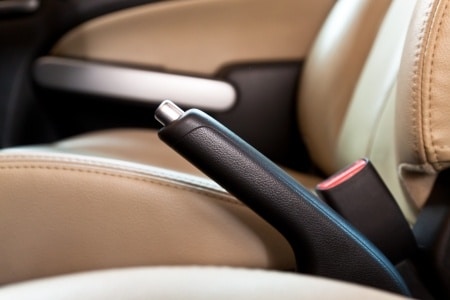You probably know that maintaining your vehicle is important not only for the way it looks and how it runs but for the safety of you and your family. Especially in winter, making sure your car is properly maintained can help keep you and your loved ones from being stranded in the cold. Aside from changing your oil and carrying an emergency kit (which you should always do!), here are some winter car maintenance tips that will help you avoid mishaps and body damage.
How’s Your Battery?
A car battery is a part of car maintenance and requires certain chemical functions that tend to slow down in the winter, which leads your car to demand more current from the battery. Check to make sure your battery can deliver that current by running a load test on the battery. You’ll also want to make sure battery terminals and cables aren’t damaged, and that the fluid is totally full.
Got Plenty of Coolant?
Even though it’s called coolant, it’s actually critical for your car at any time of year. Check your levels and top it off if necessary, right up to the fill line. Make sure you still have a 50/50 ratio of water to antifreeze, so the liquid doesn’t freeze inside your radiator. A test kit is an inexpensive tool that will help you check that ratio. You can get one at any auto parts store.
What About Your Wipers?
You can’t drive if you can’t see. Make sure your wiper blades are in good condition, with plenty of wiper fluid to clear snow, dirt, and road salt. Remember that most wiper blades only last 6 to 12 months, so you probably need to replace the pair you put on last winter. Heavy-duty blades are usually best for removing and preventing ice build-up on your windshield. This makes them an integral part of winter car maintenance.
Are Your Tires Tired?
If you have a lot of snow where you live, think about getting snow tires. Make sure your tread is at least 5/32” for the safest traction. If yours is under 2/32”, it’s time to replace them to drive with minimal slipping and avoid hydroplaning.
Remember, the pressure is important, too! Tires must be properly inflated for traction and safety. Cold weather can actually cause pressure to drop, so check them often and consult your owner’s manual for the right pressure (usually 30 to 35 PSI). Be sure to check your spare while you’re at it.
Now that you know some essential tips for winter car maintenance, you’ll be ready to go over the river and through the woods. Be safe! If you do have a collision, Cascade Collision can help. Visit us to get back on the road as quickly as possible.


